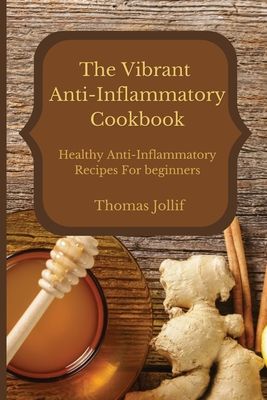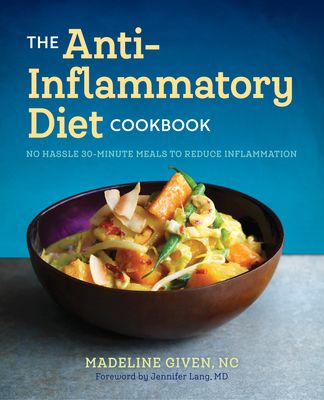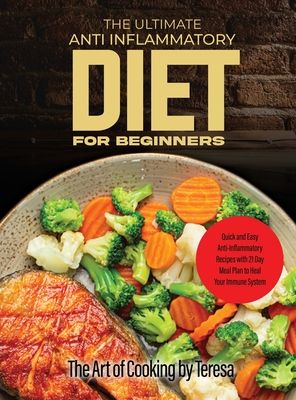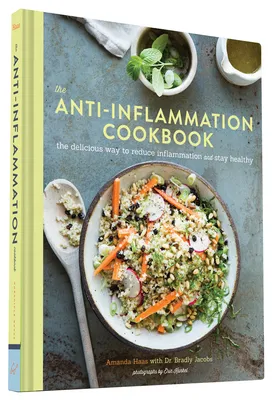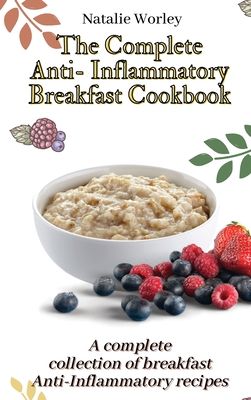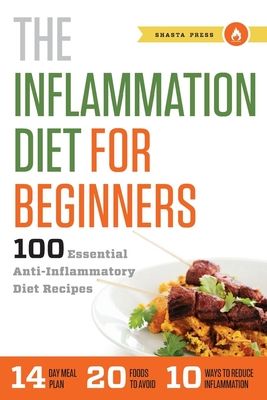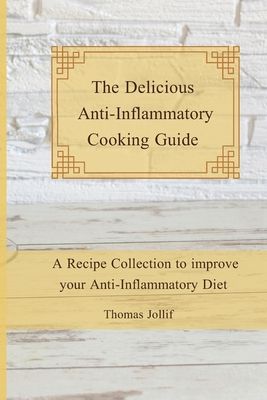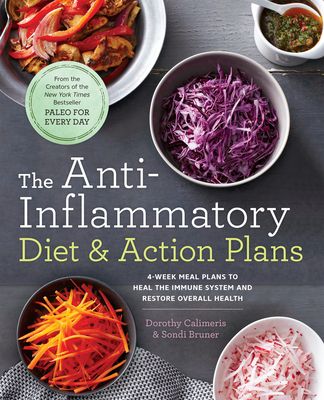Home
Stop Gout - An Essential Guide to Reducing Inflammation: Contains: Gout Prevention - Gout Treatment - Gout Diet Gout Relief - Anti Inflammation 7 Day Meal Plan - Anti Inflammatory Recipes & more
Loading Inventory...
Barnes and Noble
Stop Gout - An Essential Guide to Reducing Inflammation: Contains: Gout Prevention - Gout Treatment - Gout Diet Gout Relief - Anti Inflammation 7 Day Meal Plan - Anti Inflammatory Recipes & more
Current price: $19.99


Barnes and Noble
Stop Gout - An Essential Guide to Reducing Inflammation: Contains: Gout Prevention - Gout Treatment - Gout Diet Gout Relief - Anti Inflammation 7 Day Meal Plan - Anti Inflammatory Recipes & more
Current price: $19.99
Loading Inventory...
Size: OS
*Product Information may vary - to confirm product availability, pricing, and additional information please contact Barnes and Noble
Get 2 information packed books in one packaged bundle
Educate yourself on the topics of Gout, & Inflammation. This 2 book bundle, can help you to reduce, and control inflammation naturally.
Take a look at some of the topics discussed in these 2 guides...
Anti Inflammation topics of discussion
Signs of Inflammation
Examples of Inflammatory Diseases
How to Reduce Inflammation
Diet
Fat
Protein
Carbohydrates
Herbs and Spices
Beverages
Putting It All Together
Foods to Limit and/or Avoid in Your Diet
What to Eat Instead
A Seven Day Menu
How to prepare the Recipes
Spinach and Mushroom Frittata
Coconut Quinoa Porridge with Ginger and Dates
Shrimp and vegetable soup
Drunken Mussels
Pecan Rosemary Baked Tilapia
Fennel, Apple and Celery Salad
Tips for adjusting to a new diet
The Best (and Healthiest) Ways to Indulge
Mexican Hot Chocolate
Grilled fruit
Banana "Ice Cream" with Cinnamon and Walnuts
Baked Ricotta with Berries
The Lifestyle Changes That Will Reduce Inflammation
Lose Weight
Reduce Blood Sugar
Reduce Stress
Preventing Stress
Managing Existing Stress
Get Enough Sleep
Medication
Gout Prevention topics of discussion
Facts about Gout
Prevalence of Gout
Incidence of Gout
Death from Gout
Symptoms of Gout
Causes of Gout
Triggers of Gout
Risk Factors for Gout
The Diagnosis of Gout
Treatment of Gout
Medications for an Acute Attack of Gout
Medications for decreasing Uric Acid Levels
Self-Care for Gout
Dietary Goals
Physical Activity to reduce Gouty Attacks
Complications of Gout
Alternative Medications for Gouty Arthritis
Prevention of Gout
Exercises for Gout
Aerobic Exercise
Natural Supplements for Gout
Dealing with a Loved One with Gout
Gout Resources
Misinformation about Gout
Side Effects from Gout Drugs
Case Study on Gout
While the symptoms of gout appear to happen overnight, the ongoing process leading up to a painful attack of gouty arthritis comes on over a process of many months or years. The most basic cause of gout is an elevation of uric acid in the body (hyperuricemia). This is brought on by eating a diet high in purines (red meat is an example) or by failing to excrete uric acid to an adequate degree by the kidneys.
Uric acid is a breakdown product of purines. Purines are made by cells of the body and are taken in as part of the diet. Under normal conditions, the uric acid breakdown product is sent from the cells of the body to the kidneys, where it is excreted. The sufferer of gout tends to make more purines or eat more purines in the diet or fails to excrete it due to kidney disease.
The main causes of gout include the following: • Eating high purine-containing foods • Being obese • Drinking too much alcohol, particularly beer • Living a sedentary lifestyle Triggers of Gout Hyperuricemia alone does not trigger gout. There often is another trigger in the individual's life that brings on the onset of a painful arthritic joint. There are medical triggers for gout. These include the following: • Taking diuretic medications that concentrate the uric acid in the blood. Diuretics are used to treat high blood pressure, heart failure, or swelling of the legs. • Infections occurring in the body, not necessarily in the joints of the body. • The onset of a severe illness anywhere in the body. • Injury to a specific joint that responds by precipitating uric acid crystals into the joint space. • Being on chemotherapy drugs. • Starting a medication that is supposed to reduce the uric acid in the blood. •

